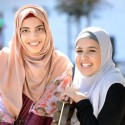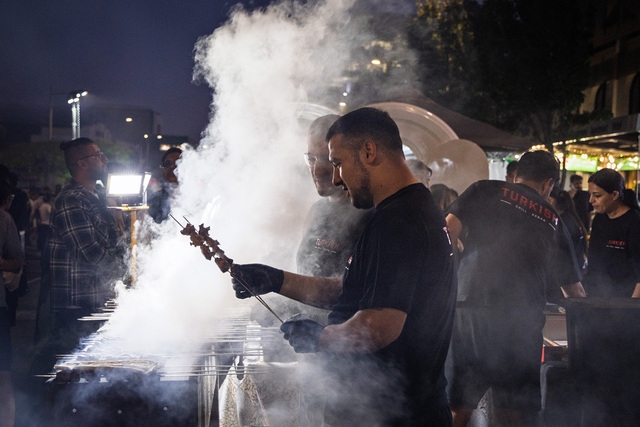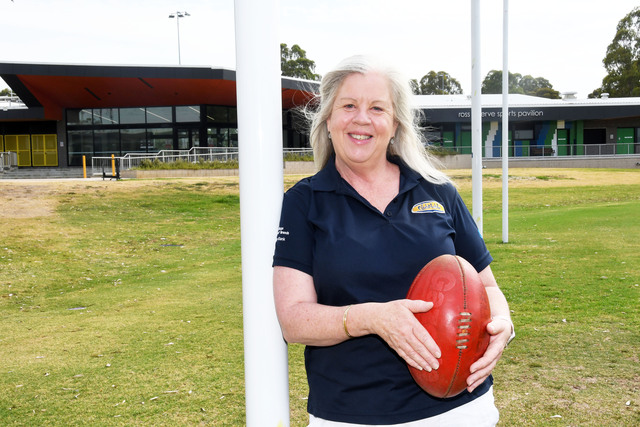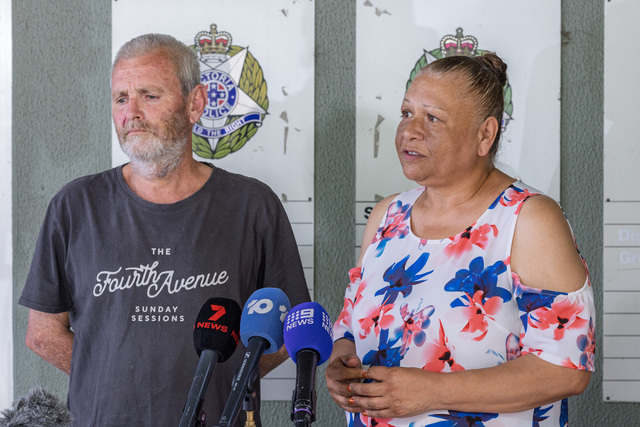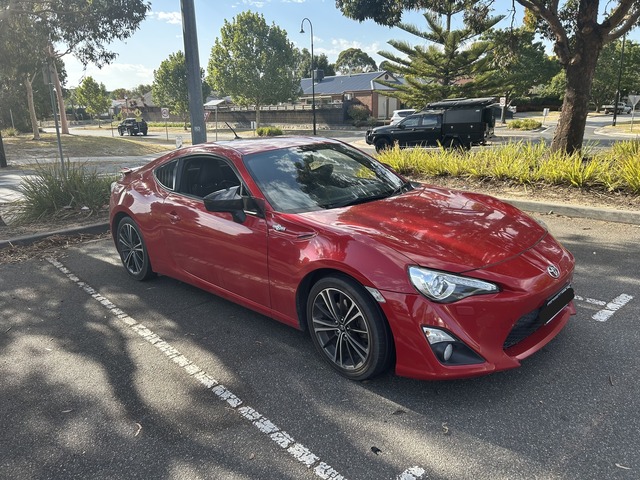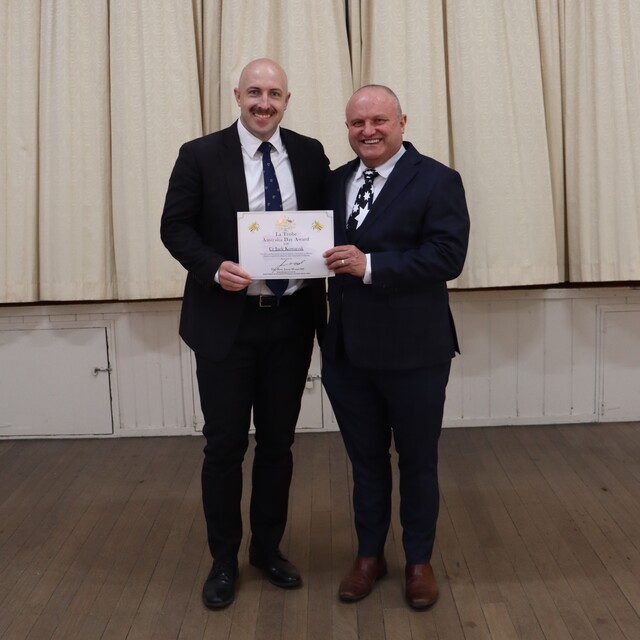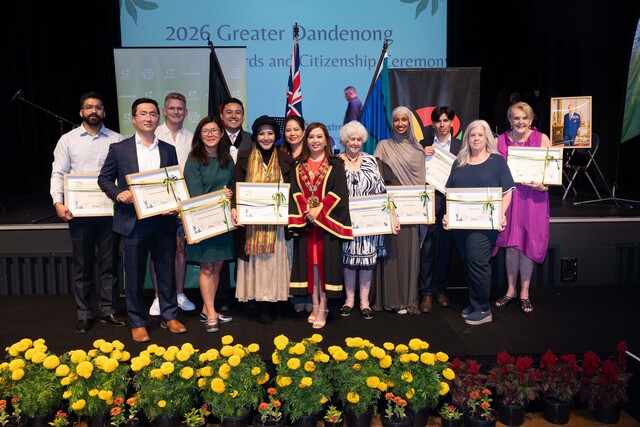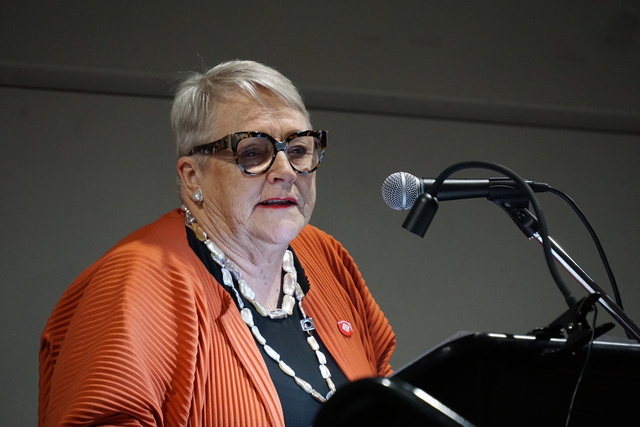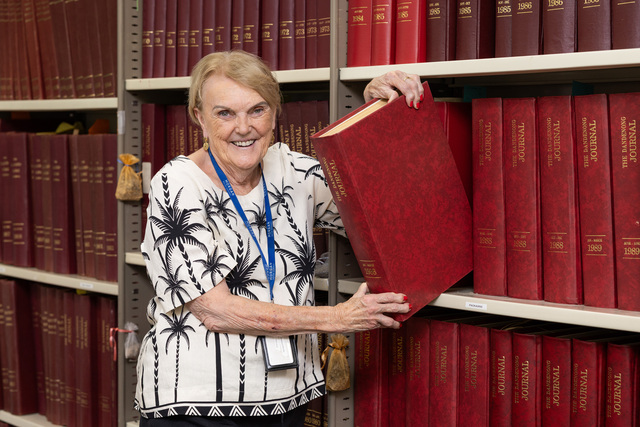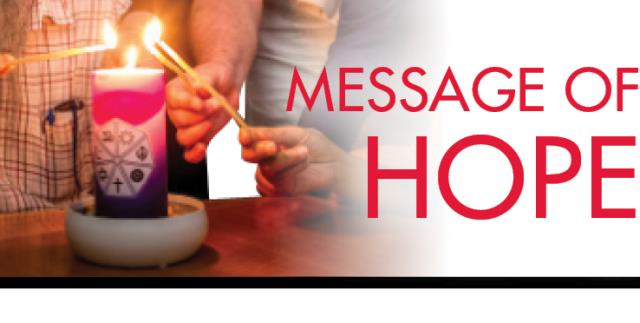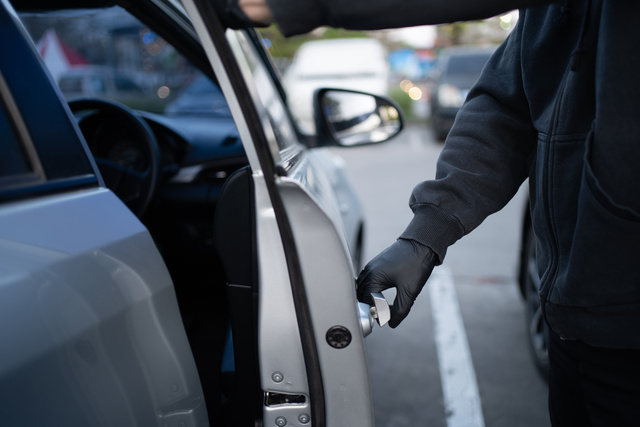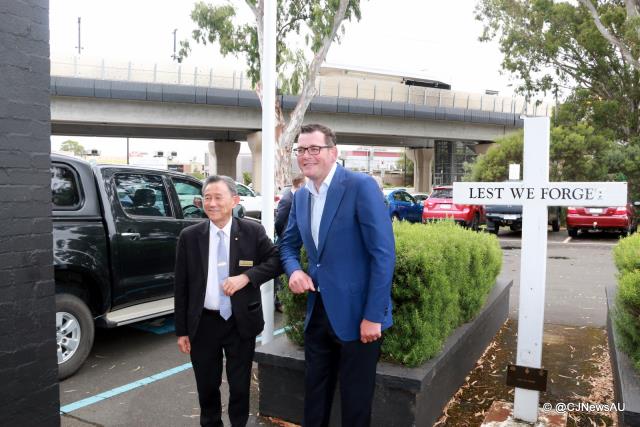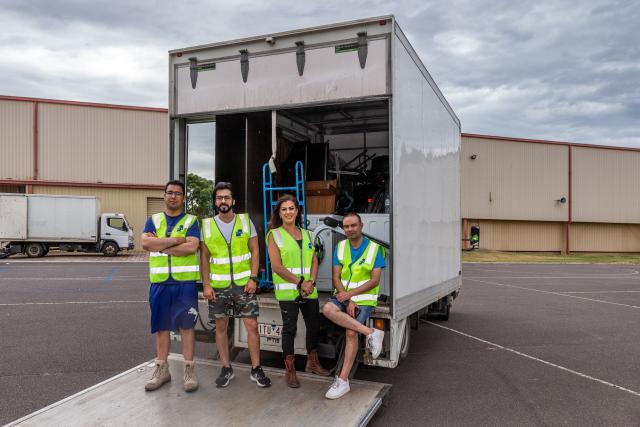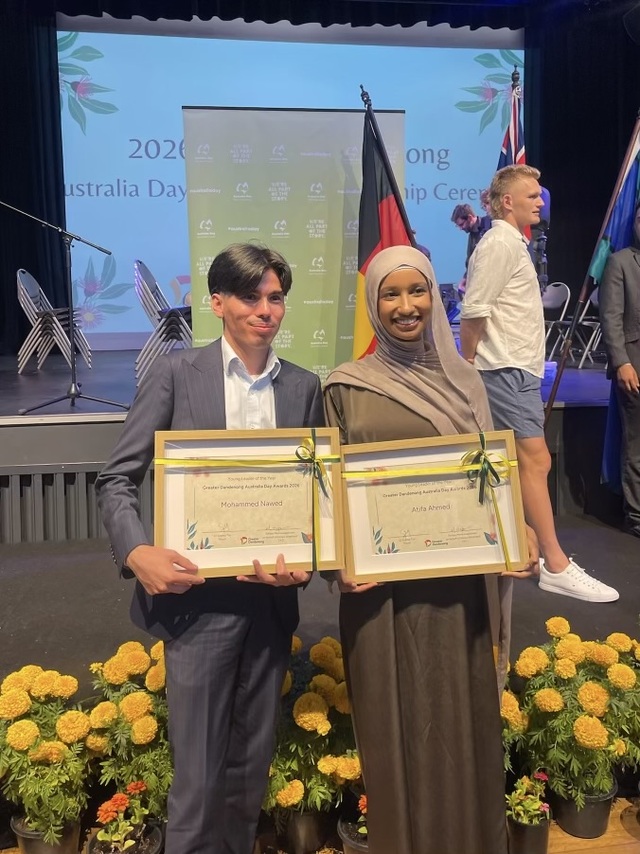Community Voice – Minaret College student Fatima Baig
I was 14 when I started wearing the hijab.
Being inspired by the strong will of my mother and friends, I also decided to adhere to the Islamic code of conduct and be a practising Muslim woman like them.
Having made this decision, I could feel a change in my attitude and others as well.
I felt much more headstrong and focused; also many other people began to respect my values and opinions and, basically, treated me like a mature young woman.
I felt empowered being able to choose my identity and choose who I wanted to be.
Hijab is an Arabic word which means curtain or cover.
Hijab is also the name for the requirement to dress modestly.
A huge diversity is seen around the world in the ways that Muslim women wear their hijab, a vast variety of prints, colours and styles are seen amongst many women who wear it.
Hijab promotes Muslim women’s femininity and guards their modesty.
Hijab is more deeply about dignifying conduct, self-respect and noble speech.
For Muslim women, hijab is to express their intellect.
Islam also teaches to respect people for their actions, character and virtues, instead of their looks, status or money.
The hijab is not a foreign concept as it is worn by women of the Abrahamic faiths.
Whilst, hijab is not worn by men as such, they too have a dress code and are required to behave modestly.
God has mentioned in the Quran: “Say to believing men that they should lower their gaze and guard their modesty” (Quran, 24:30-31).
Muslim men are required to dress in loose and modest clothing and to lower their gaze in front of women as a form of respect.
The responsibility to build a moral society is shared by both women and men in Islam.
Some may question why every Muslim woman does not wear it.
Islam condemns force and oppression towards any human being and this also applies when it comes to the hijab.
Hijab is a commandment of God and to please the creator is a choice of every woman.
Quite often, it is heard on the news that Muslim women are oppressed and abused in many countries however that is not what Islam teaches.
It is a cultural practice and, in fact, Islam recognised women’s rights 1400 years ago.
Hijab is not a barrier for women; it does not stop them from being a part of society.
All Muslims are encouraged to gain knowledge and contribute to their community and be helpful to others.
Considering the misconception that exists regarding hijab and Islam in general, we came up with the idea of sharing this special part of Islamic practice with other women of our community during this year’s Youth Week in collaboration with the City of Greater Dandenong.
We planned to ask women passing by if they wanted to try the hijab.
Those who did try it on had a positive reaction.
Whilst styling the hijabs for the women, we were able to answer their questions regarding the hijab and Islam.
The main idea of this project was to be able to share awareness and understanding about Islam and also show how people from diverse backgrounds can come together and accept these differences and live harmoniously.
The hijab experience project was an opportunity for us to be active members of our community, enabling us to integrate in our community, despite our differences.

